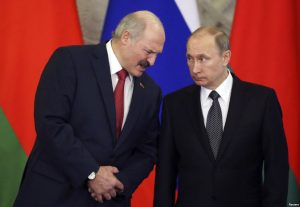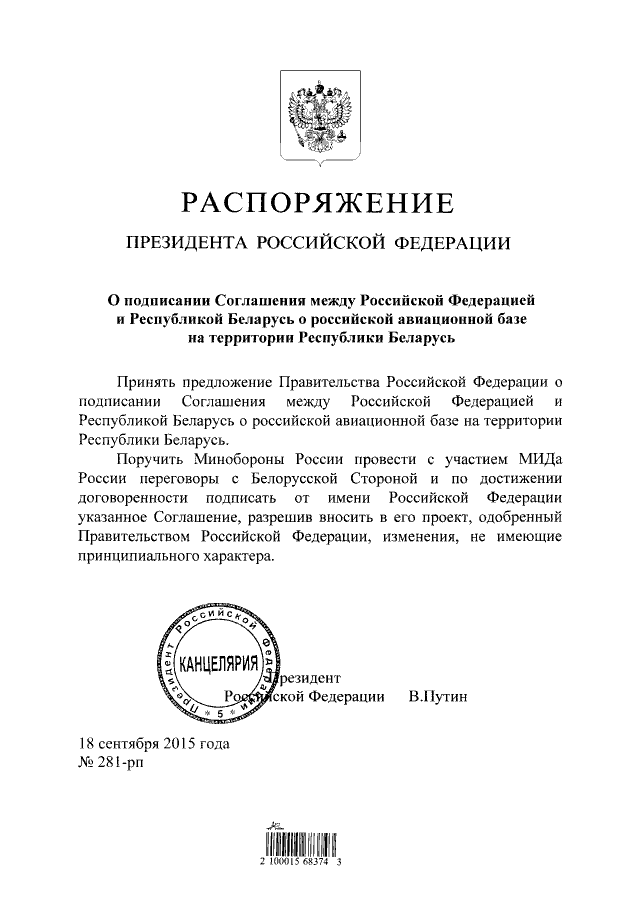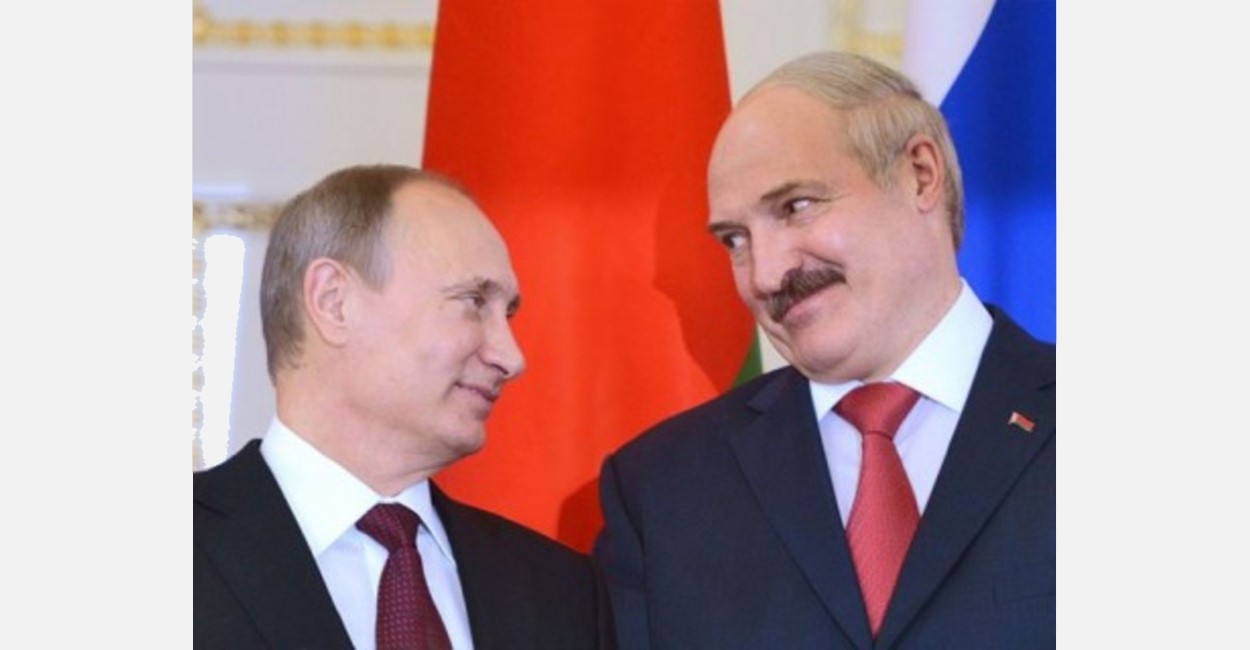
But the full details of what happened remain a matter of dispute. The Belarusian authorities claim that they received an anonymous letter claiming that Hamas had planted a bomb on board and so they had duly ordered the pilot to land the aircraft so they could find and destroy the bomb if the report was true.
This claim appears doubtful. It is unclear why someone would decide to notify the authorities of Belarus about the bomb, rather than, for example, the authorities in Greece or Lithuania. When the aircraft was diverted, it was closer to Vilnius than to Minsk. If the safety of the passengers was the primary concern of Belarusian authorities, they would have probably allowed it to quickly land in Vilnius. Finally, a military aircraft was sent to accompany the Ryanair flight to land at Minsk airport. In the event, no bomb was found on board.

Legal problems

There are two main legal questions with the actions of Belarus. The first is whether Belarus had the power to divert the aircraft from its flight path to land in Minsk. Although the facts remain murky, the apparent justification for the interception of the plane by a fighter jet was its safety due to a suspected bomb on board.
The method by which Belarus seemingly ordered the pilot to make an emergency landing at Minsk may be legally significant. While the Convention on International Civil Aviation 1944 authorised Belarus to order a civil aircraft flying above its territory to land, Belarus must have had “reasonable grounds” to do so. Also, it was required to issue the order in compliance with its published national regulations regarding the interception of civil aircraft.
It is for Belarus to prove that it has complied with both requirements: the president of the Council of the International Civil Aviation Organization (ICAO) is seeking official explanations and has called an urgent meeting of the 36 members of the Council for May 27 to discuss the incident.
Even if Belarus can show that its diversion of the plane was lawful, the detention of Protasevich and Sapega is another question entirely. Under the ICAO treaties, Flight FR4978 was under the jurisdiction of Poland as the country of registration of the aircraft. The aircraft was still “in flight”, even when diverted to Minsk. No country has the right to detain suspects on a civil aircraft for crimes that were not committed on board that aircraft.
International claims
From what is known at present, it seems that the Belarusian authorities detained Protasevich and Sapega for alleged crimes that had no connection to the flight. To seek custody of them, Belarus should have applied to Poland or to Lithuania (as Vilnius was the port of destination) for their extradition for alleged crimes in Belarus. On both issues, Poland could bring legal claims against Belarus for violating its rights under the ICAO treaties as the flag state of the aircraft.
Video filmed by passengers of the Ryanair flight forcefully landed in Minsk:
Thanks to all the witnesses giving their testimonies. Raman Pratasevich was taken hostage for telling the truth. He must be released immediately. By this obviously staged operation, Lukashenka's regime had put in danger hundreds of lives. The impunity must be stopped. pic.twitter.com/3azCmFZtcx
— Franak Viačorka (@franakviacorka) May 23, 2021
It is also possible that other countries could seek standing to sue Belarus before the International Court of Justice (the UN court) on the basis that the global system of civil aviation is threatened by such actions. There have been cases similar to this one in the past, such as when France detained a Moroccan charter plane in 1956 to arrest Algerian rebel leaders who were travelling to a diplomatic conference.
If Protasevich and Sapega were technically detained by the Belarusian authorities on the territory of Poland, as the flag state of the aircraft, then he was potentially protected by the European Convention on Human Rights. Belarus is not a participant in that treaty but Poland is. The detention of Protasevich and Sapega could have violated their right to liberty. Although Poland is not responsible for arresting Protasevich and Sapega, it could be in violation of the Convention if failing to exercise due diligence to secure their release.
In a number of cases, the European Court of Human Rights has found the Convention to apply to aircraft and ships registered in or flying the flag of a Contracting Party. While Poland has issued a strongly worded public condemnation of the actions of Belarus, calling it “state terrorism”, it is required to take practical steps within its power, such as diplomatic representations, to secure the release of the detainees on the basis that their detention was unlawful.
Although, the episode has already triggered significant international reaction, it should not be treated as an isolated instance. The Belarusian authorities have consistently undermined their own country’s rule of law, and the international community’s reaction has been limited and slow. For instance, it wasn’t until May 2021 that the UN High Commissioner for Human Rights appointed experts to document episodes of human rights violations, principally torture, that happened mostly in August 2020. The reaction of the international community should clearly demonstrate that violations of international law bear consequences.
Read more:
- No, Belarusian dissident Protasevich is not a neo-Nazi. But the Kremlin sure wants you to think so
- The Lukashenka regime outlaws “unsanctioned” rallies, doubles down on media repressions
- Belarus takes down top news portal, arrests employees amid mounting assault on free press
- Ukraine joins western states in non-recognizing Lukashenka as president after “secret” inauguration
- How Alyaksandr Lukashenka stole the Belarus presidential election
- Lukashenka jails and expells all opposition leaders but Belarus protests show no sign of decline (2020)





